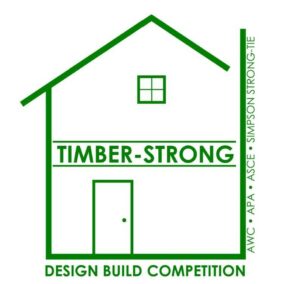Competitions
2026 ASCE Society Competitions
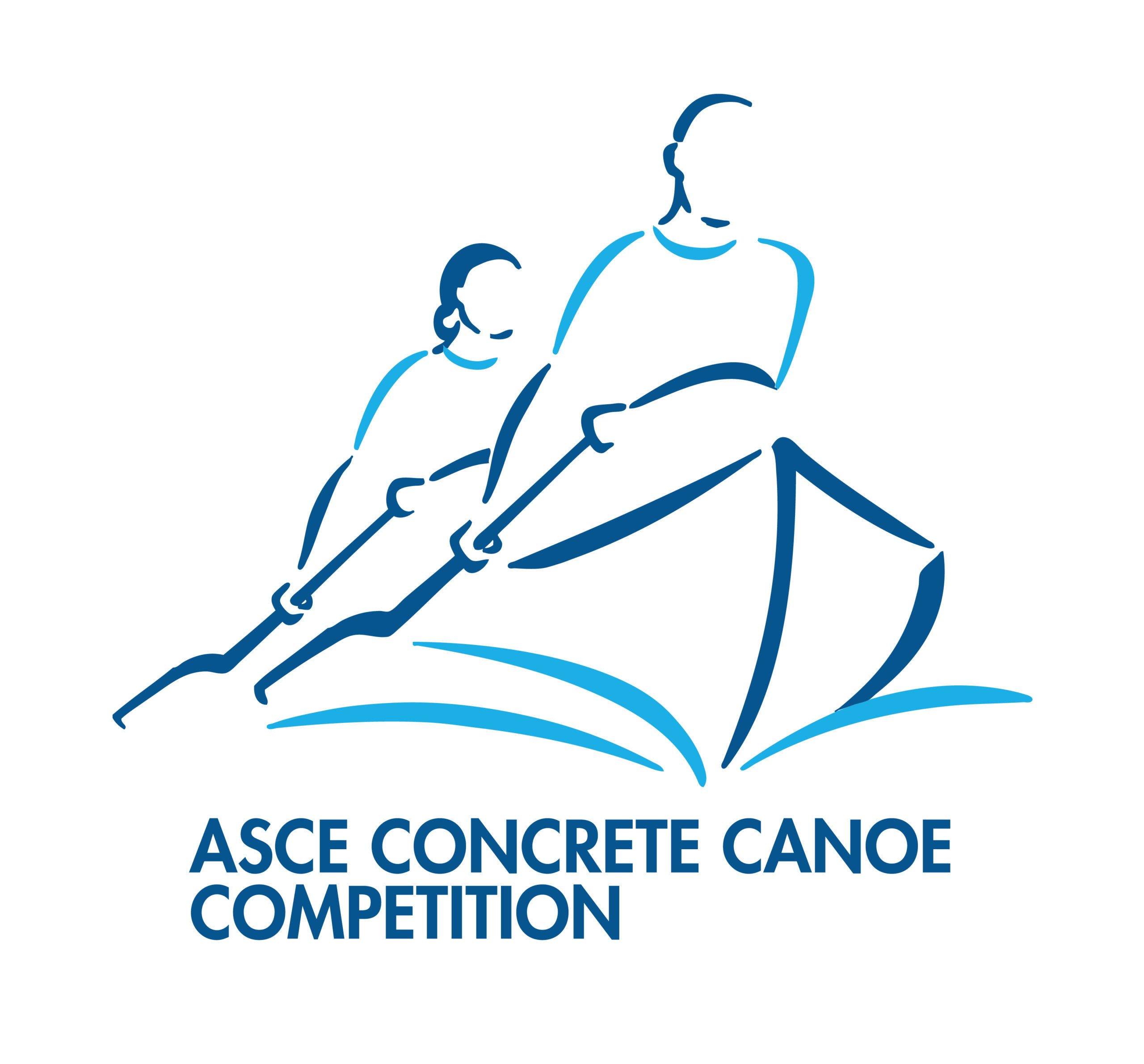
ASCE Concrete Canoe Competition
Since the early 1970s, American Society of Civil Engineers (ASCE) student chapters have competed to be the best at designing, constructing, and racing concrete canoes. During that time, canoe mixtures and designs have varied, but the long-established tradition of teamwork, camaraderie, and spirited competition has been constant. Each year, teams, their associates, judges, and other participants build upon this tradition. This year, teams answered a call for Technical Proposals and Enhanced Focus Area Reports and are competing to be the winning bid on a prototype standardized canoe design for future concrete canoe competitions. Learn more about the competition.
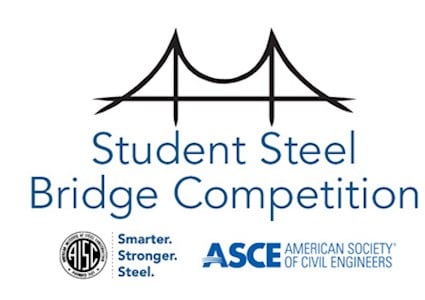
AISC/ASCE Student Steel Bridge Competition
ASCE and the American Institute of Steel Construction (AISC) are partnering to offer the Student Steel Bridge Competition (SSBC) at ASCE Student Symposia.
The Student Steel Bridge Competition challenges students to extend their classroom knowledge to a practical and hands-on steel-design project that grows their interpersonal and professional skills, encourages innovation, and fosters impactful relationships between students and industry professionals.
Each student team develops a concept for a scale-model steel bridge to span approximately 20 feet and to carry 2,500 pounds according to the competition rules. The team must determine how to fabricate their bridge and then plan for an efficient assembly under timed construction conditions at the competition. Bridges are also load-tested, weighed, and judged on aesthetics.
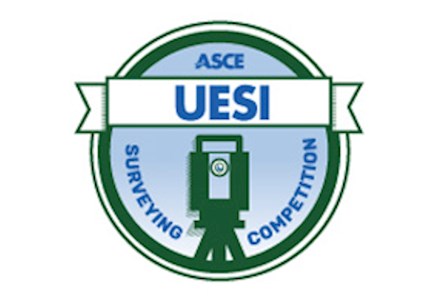
ASCE UESI Surveying Competition
The ASCE UESI Surveying Competition’s educational and professional goals include a recognition of the importance of basic surveying principles to all civil engineering projects. Students will be required to use standard field and office equipment and procedures to solve common problems encountered in industry. A clear understanding of and ability to apply basic surveying principles will assist the graduate civil engineer in communicating and working with the surveying professionals on the job site and during the design process. Learn more about the competition.
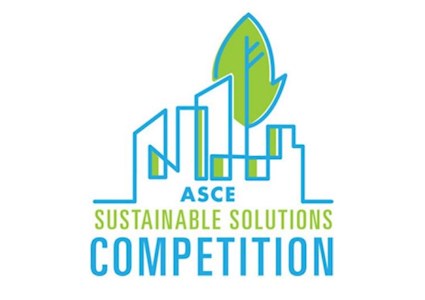
ASCE Sustainable Solutions Competition
The ASCE Sustainable Solutions Competition challenges students to develop a stronger understanding of sustainability and learn to incorporate sustainable solutions into everyday problems that engineers incur. Students are encouraged to be creative in their solutions and use all resources available. Learn more about the competition.
2026 Topic
The CE Computing Corporation (CECC) is requesting proposals for professional civil engineering services and sustainability consulting services to construct a new data center within the City of ASCE. The CECC board of directors has approved enhanced sustainability goals for the proposed data center, including using the Institute for Sustainable Infrastructure’s Envision as the primary sustainability framework.
Timber-Strong Design Build Competition
ASCE has partnered with the American Wood Council (AWC), APA – Engineered Wood Association (APA), and Simpson Strong-Tie (SST) to pilot the Timber-Strong Design Build℠ (TSDB℠) Competition. The competition seeks student teams to design and build an artistically creative 2-story wood light-framed building that is sustainable, aesthetically pleasing and structurally durable.
This competition will continue to be offered as a pilot competition in 2026.
Learn more about the competition partners:
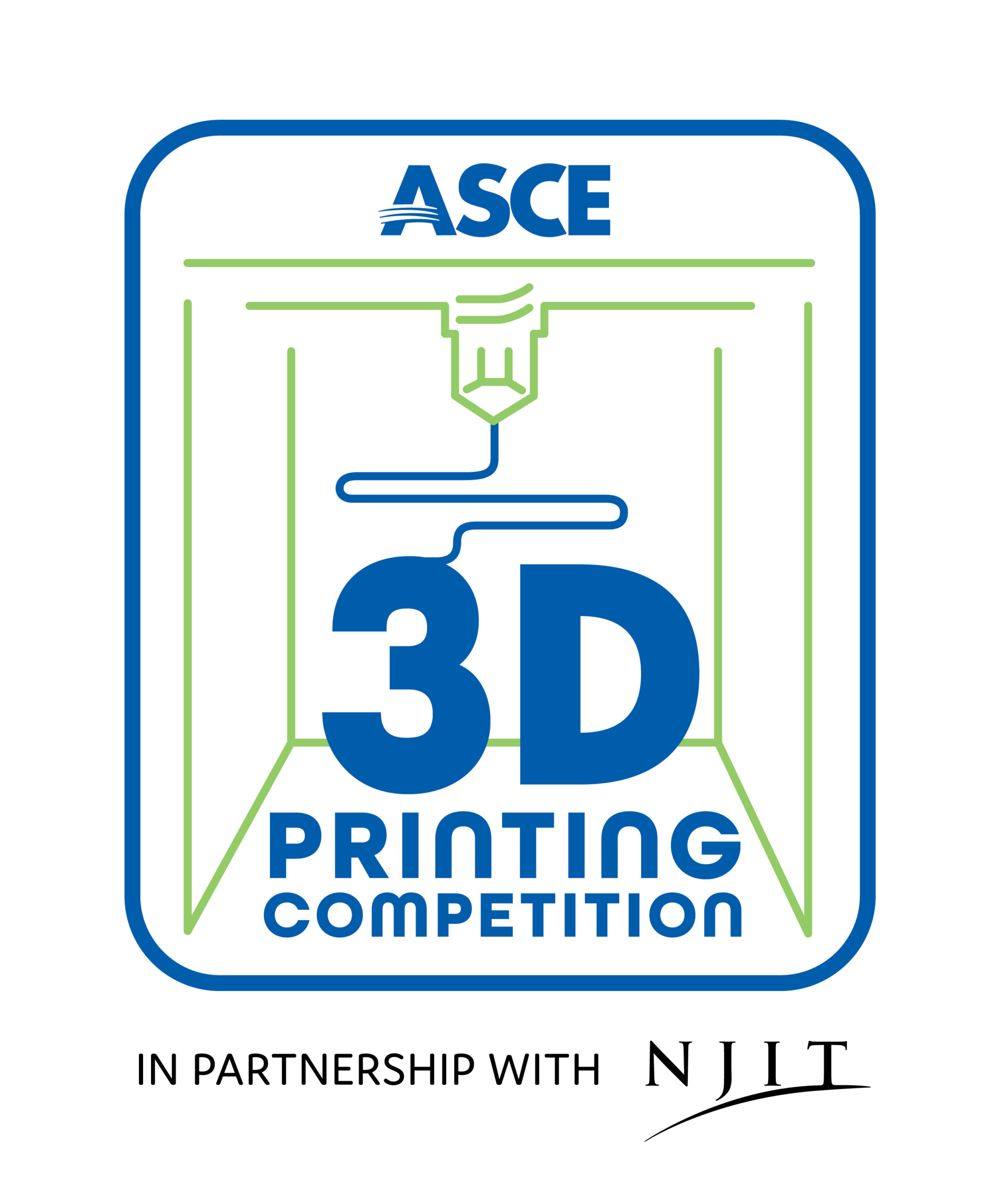 ASCE 3D Printing Competition
ASCE 3D Printing Competition
The ASCE 3D Printing Competition promotes the application of 3D printing technology in the field of civil engineering. In 2026, the ASCE 3D Printing: Bridging the Future Competition focuses on bridges. Students are challenged to design an aesthetically pleasing, strong, and stiff 3D-printed bridge that will take the least amount of assembly time and meets the geometric requirements.
The 3D Printing Competition has its origin at the New Jersey Institute of Technology’s inter-collegiate competition in November 2021.
This competition will continue to be offered as a pilot competition in 2026.
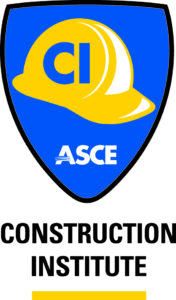
ASCE Construction Institute Student Symposium Competition
Each year, the Construction Institute (CI) Student Symposium Competition presents a real-world construction engineering challenge that allows students to simulate the role of a construction firm responding to an owner’s request. Students are expected to devise professional, technical, and creative solutions within a timed environment.
The competition promotes teamwork, innovation, and real-world application of civil and construction engineering principles. It strengthens student engagement with the construction industry and builds awareness of CI’s value throughout a student’s academic and professional career.
This competition will continue to be offered as a pilot competition in 2026.

The ASCE Student Symposium Paper Competition emphasizes the importance of being able to write and present a paper as essential communication skills for all engineers and often necessary for advancement in your career.
Good faith participation in the ASCE Student Symposium Paper Competition, including submission and presentation by at least one (1) member of the ASCE Student Chapter, is a requirement to advance to an ASCE Society-wide Competition Finals. Competitions requiring this include Concrete Canoe, Student Steel Bridge, UESI Surveying, and Sustainable Solutions.
No other Society-wide competition report or paper may serve as a submission for the ASCE Student Symposium Paper Competition.
Student Symposium Paper Competition topic: Engineering the Public Welfare: How Civil Engineers Engage and Advance Communities Through Ethical Infrastructure Design in accordance with the ASCE Code of Ethics
Civil engineering is not only about the design and construction of vertical and horizontal infrastructure. It is an essential part of shaping communities and building a better quality of life for all persons. In this essay, critically analyze the ethical responsibility of civil engineers to recognize the historical, cultural, and social needs of a community and to incorporate those considerations into their work. Discuss how civil engineers can engage with communities to develop solutions that protect historical and cultural resources, improve access and mobility, and expand economic and social opportunities. Use real-world examples and reflect on how emerging technologies and policies can support these objectives.
Authors are encouraged to develop and apply their own original thoughts. The use of generative artificial intelligence (AI) and natural language processing models (NLP), such as OpenAI’s ChatGPT©, is neither encouraged nor discouraged. However, if such models are used, all instances shall be cited as work completed by the respective generative AI/NLP. Failure to cite all instances of generative AI/NLP use will be considered plagiarism
Submission Due Date: March 1st
Submission email: [email protected]
